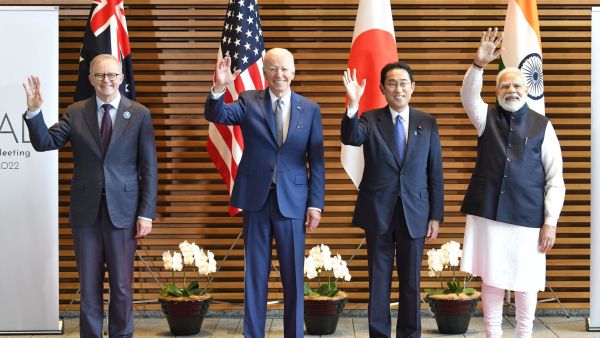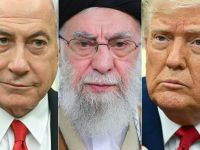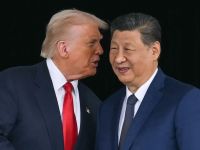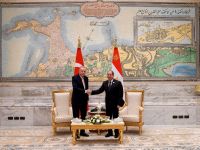By Salam Bustanji
As China's influence grows in the Indian Ocean Region, India and the United States are working to coordinate efforts in South Asia. While both nations share interests in countering China and promoting democratic values, their approaches to the upcoming Bangladesh election in January 2024 reveal significant divergences.
The United States has been pressuring Sheikh Hasina's government for "free, fair, and peaceful elections" in Bangladesh, which has caused discomfort for India. The U.S. has a history of criticizing Hasina's crackdowns on dissent and opposition, even imposing sanctions on elements involved in human rights abuses. This increased U.S. interest in Bangladesh is a response to shifting geopolitical dynamics in the Indo-Pacific.
The U.S. aims to counter China's influence by offering an alternative, focusing on capacity-building, democratic strengthening programs, and defense and economic partnerships. However, its simultaneous scrutiny of Bangladesh's democracy has strained the quality of this partnership. This pressure has also triggered anti-American sentiment and increased attraction towards China, a scenario India views with concern.
India has enjoyed positive relations with Hasina's government, leading to significant economic growth and improved connectivity between the two nations. India fears that a victory for the opposition coalition, BNP-JI, could reverse this progress and pose security threats. Simultaneously, India is cautious about excessive U.S. involvement in Bangladesh's domestic politics.
The challenge lies in the differing perceptions of the incumbent government. The United States views Hasina's government as increasingly autocratic and aligning with China, while India sees it as a force for democracy and regional stability, despite some flaws.
There is ambiguity regarding the roles of partnership between the U.S. and India, especially when their views on governments, as in Bangladesh's case, differ. India is concerned that the U.S. is taking a leading role in Bangladesh, potentially violating India's position as the leading power in South Asia.
Moreover, there is a lack of policy-level consultation and cooperation between the U.S. and India in the case of Bangladesh. The U.S. believes it can push Bangladesh on democratic issues, relying on India to deter the country from aligning with China. This places an undue burden on India and overlooks its limitations in countering China without allies.







